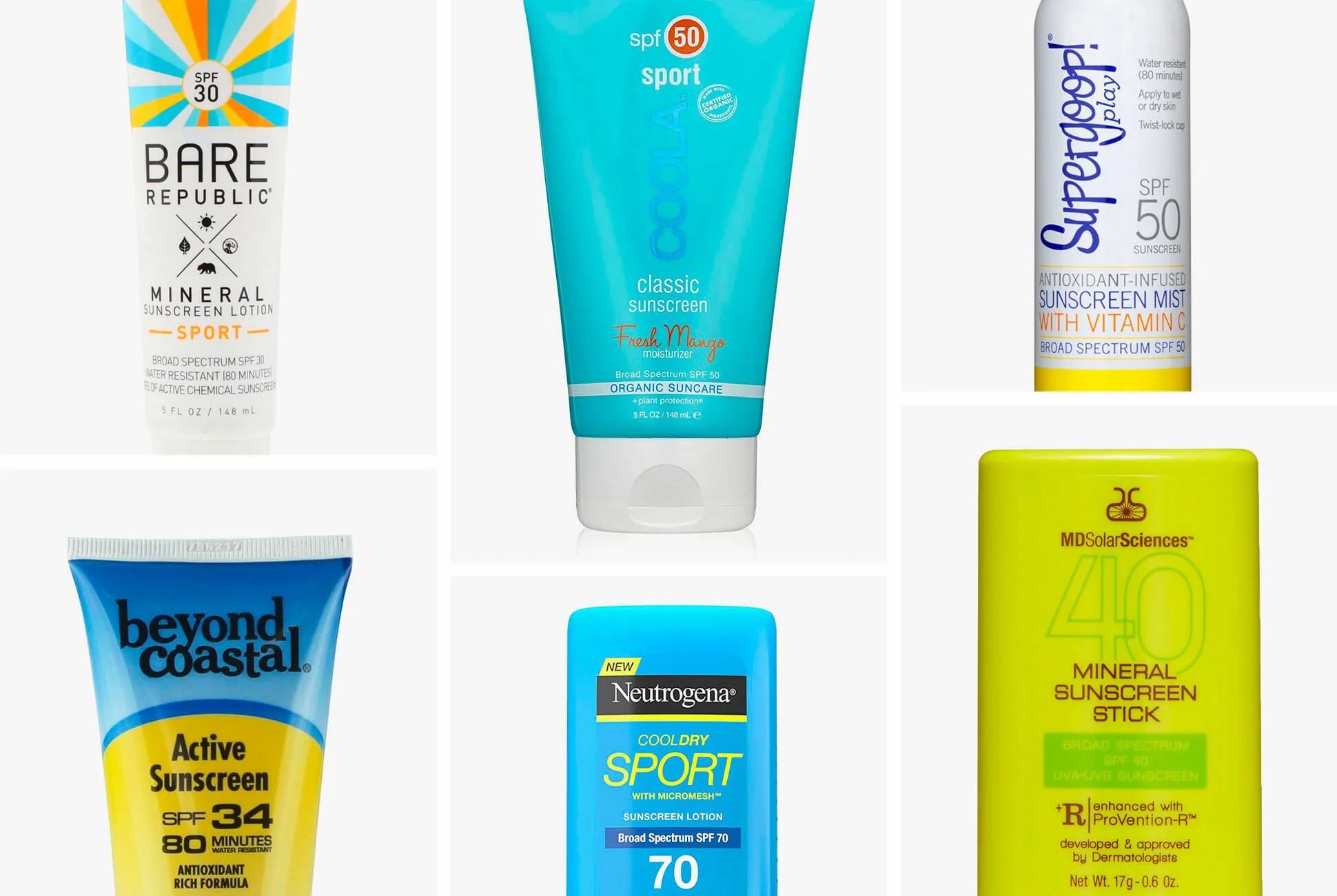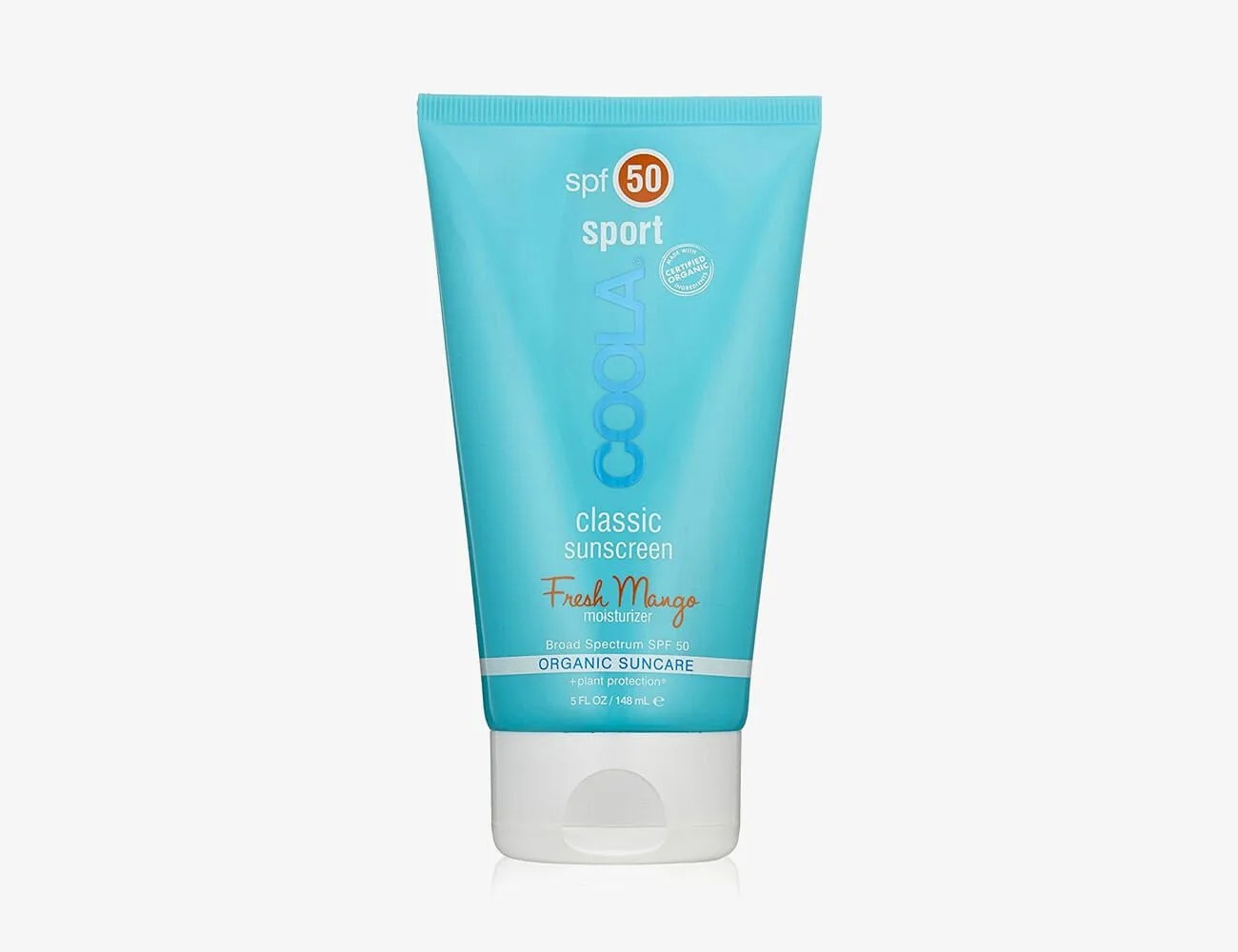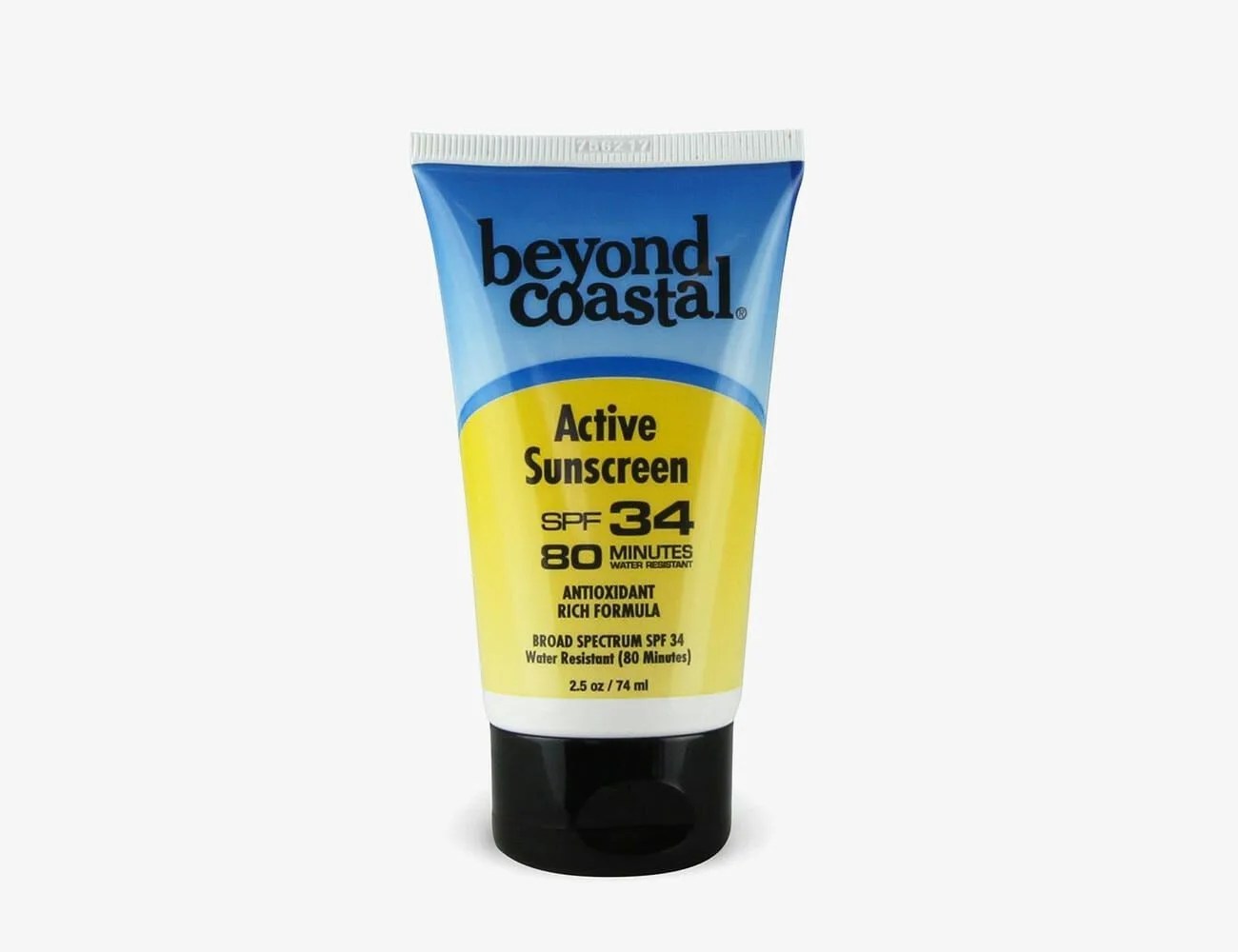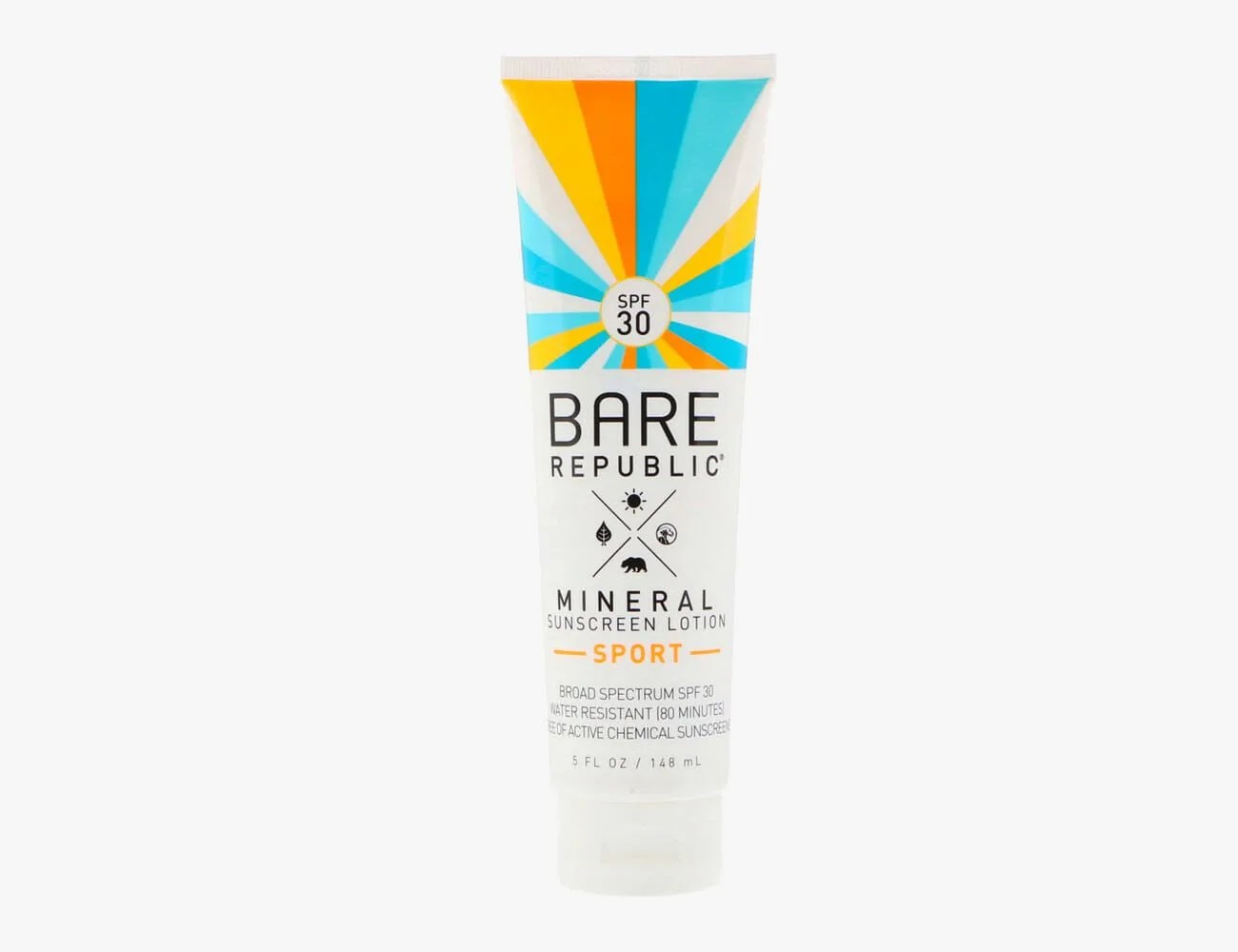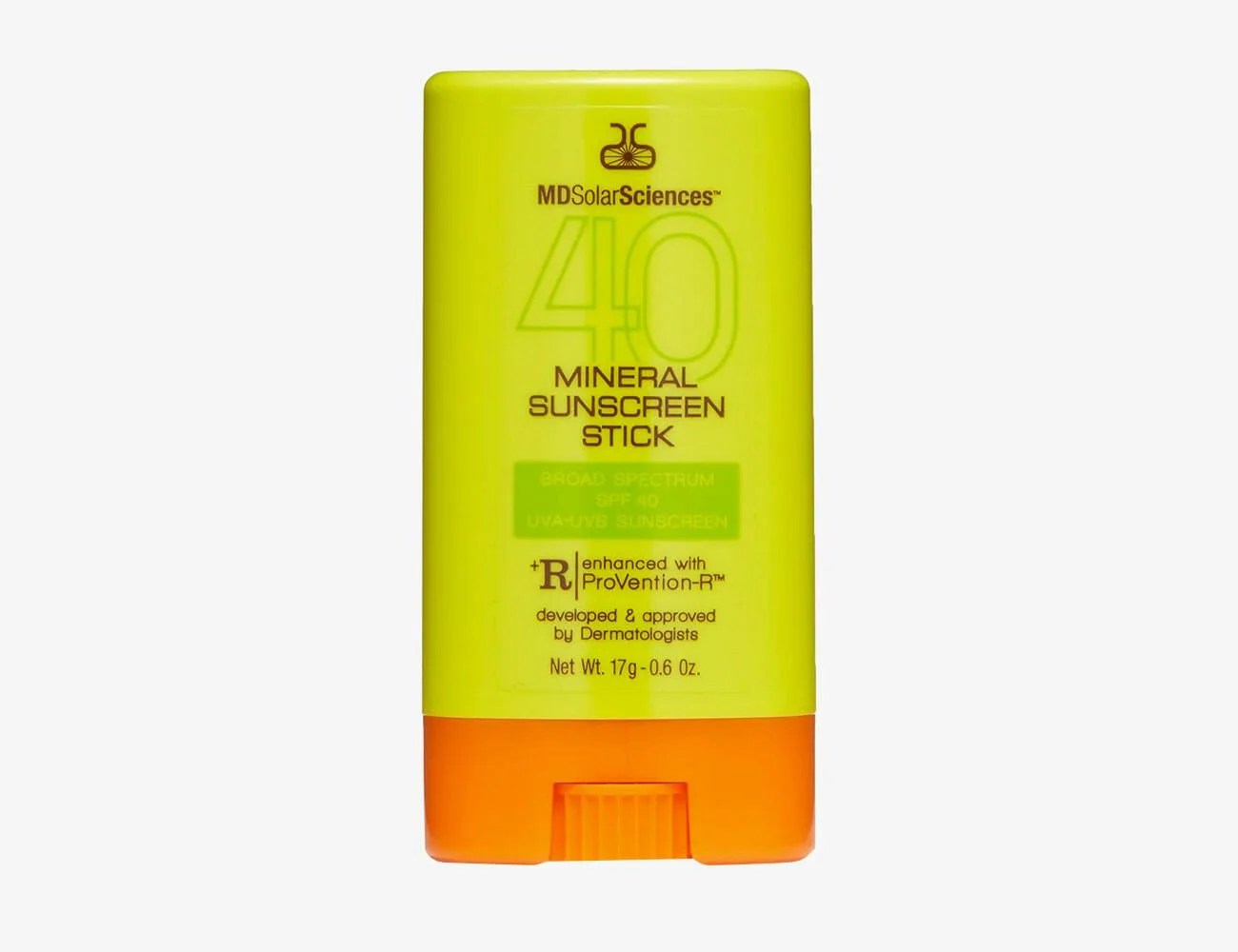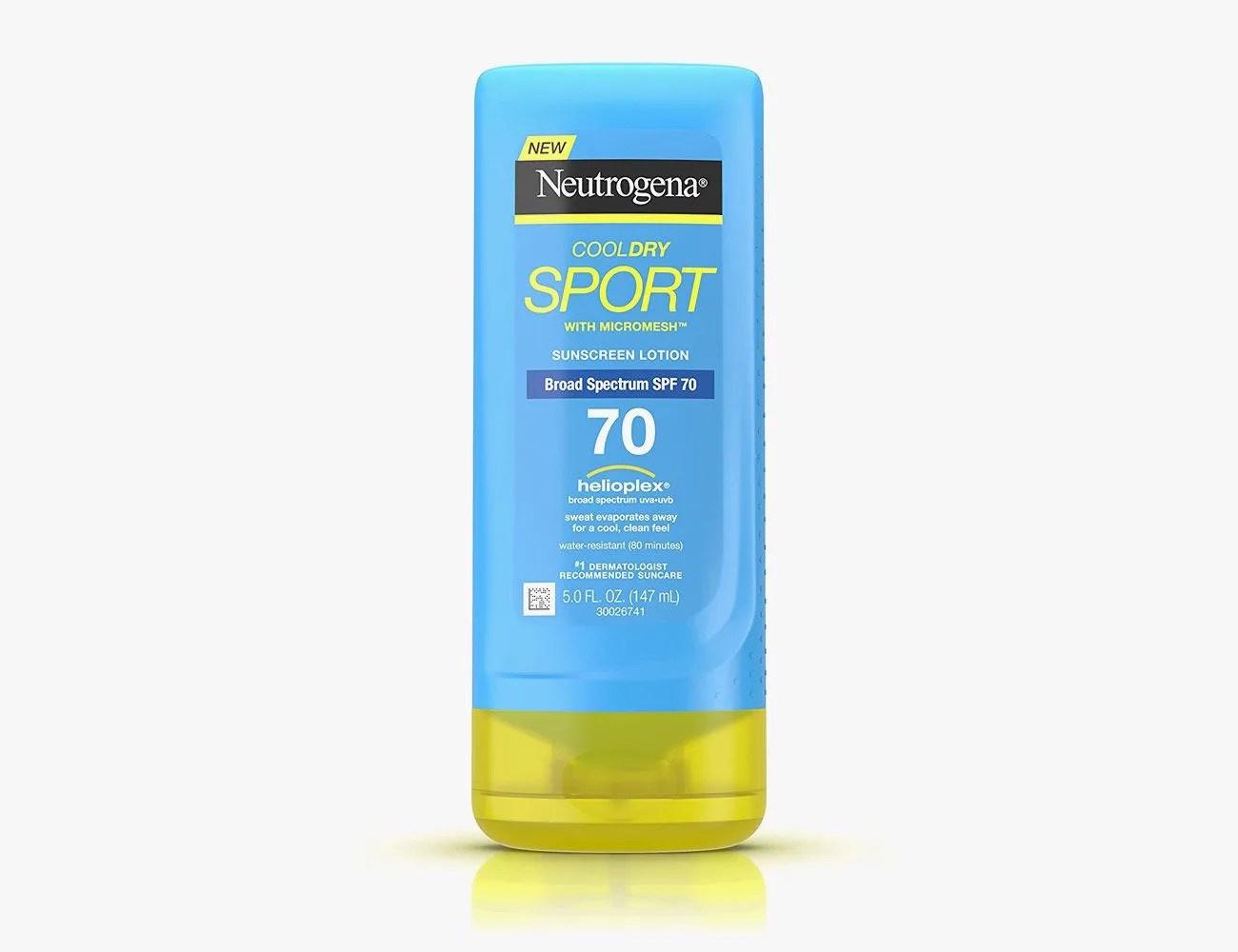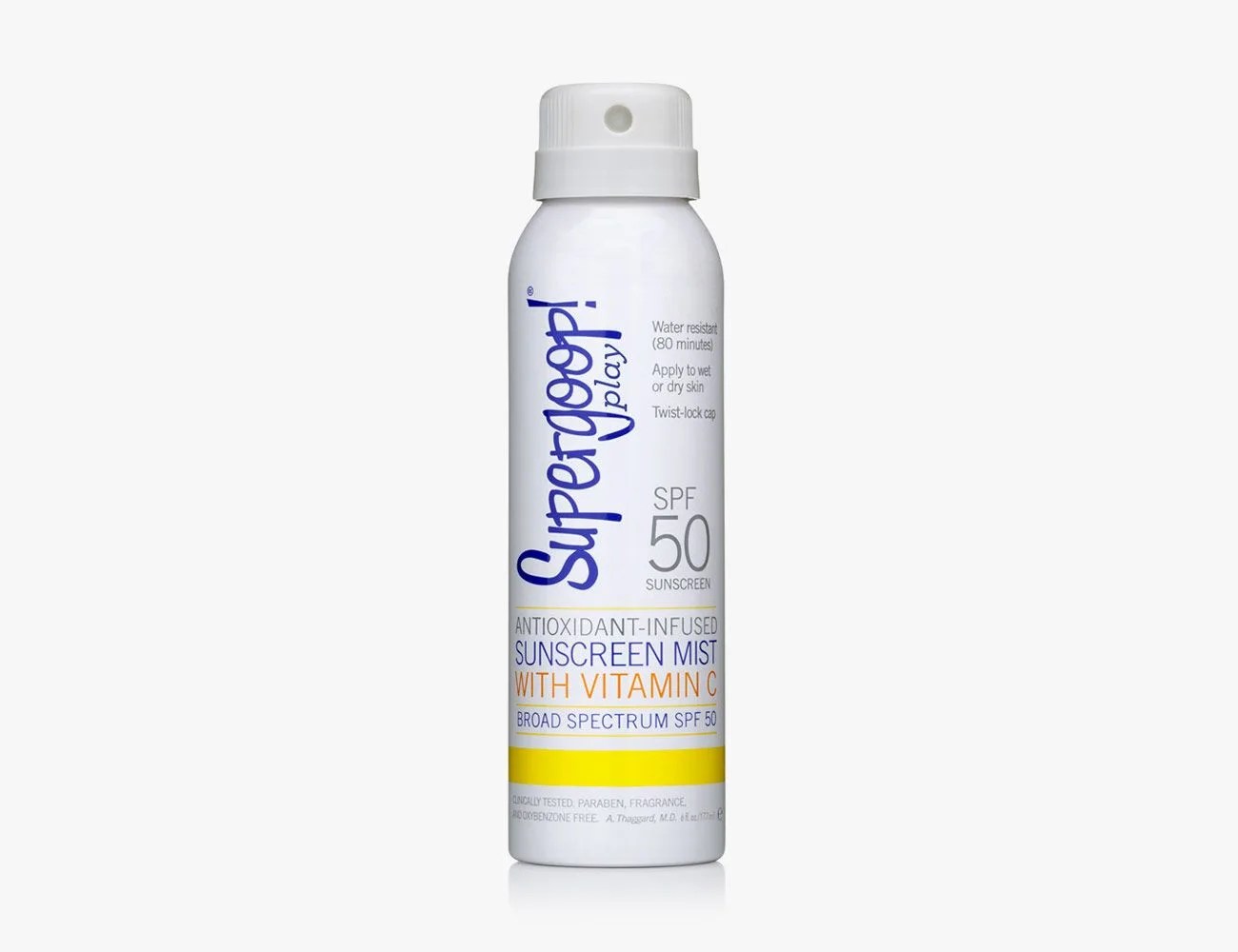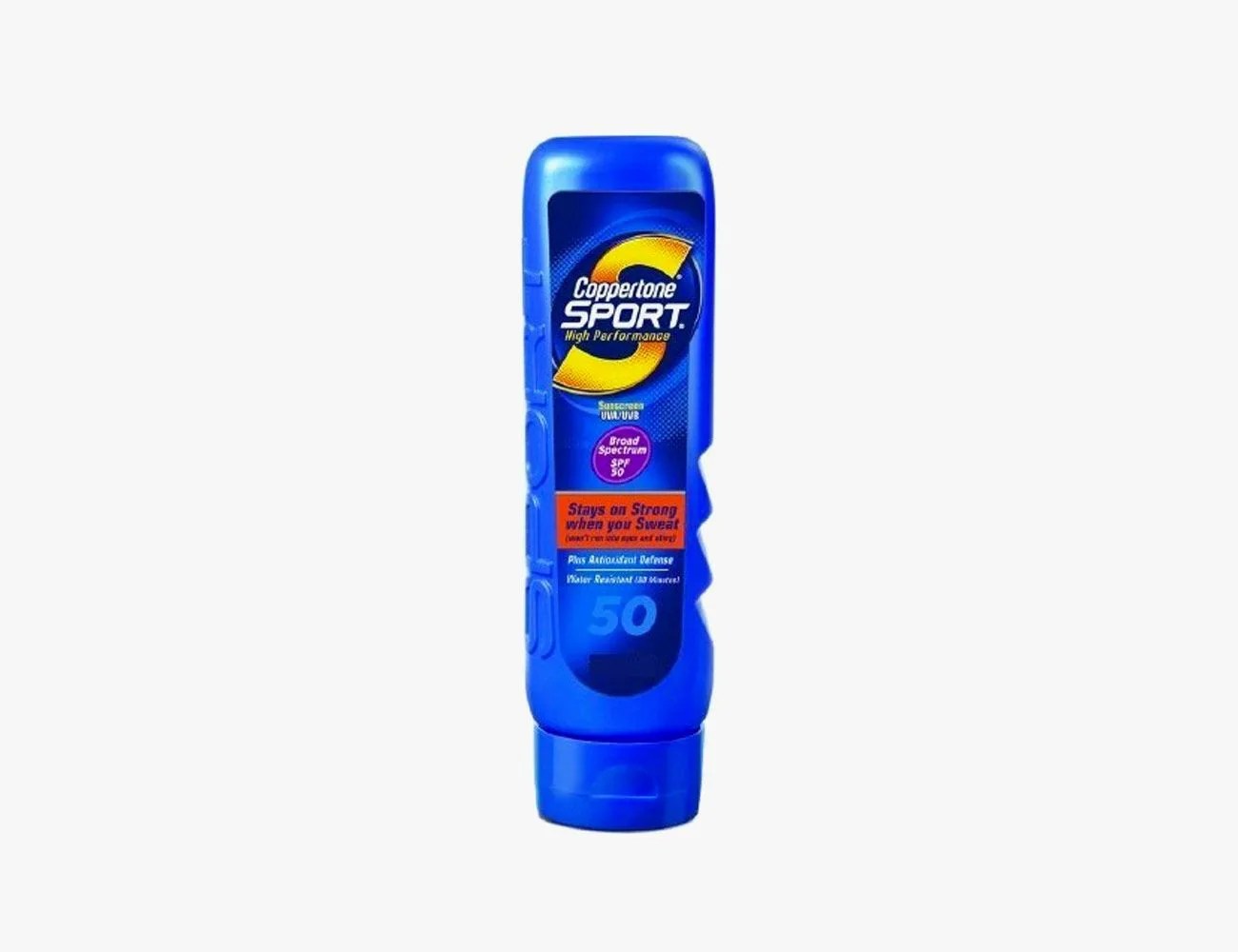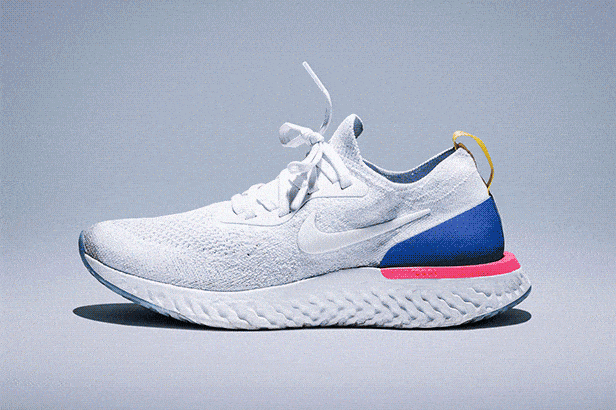The weather is heating up and the layers are coming off, which means it’s time to start slathering on sunscreen during your outdoor pursuits. To help you pick out products that can handle all the activities you do, we tapped a handful of experts. They know how to separate hype from truth in the sunscreen world — and what to look for in each small bottle of protection. After all, sunscreen is your first defense against aging, and who really wants wrinkles right now?
To get a better idea of what ingredients to look for and what products to avoid, we talked with Tammy Lisi, Beyond Coastal’s formulation chemist and Dr. Elizabeth K. Hale, MD, the Senior Vice President of the Skin Cancer Foundation. We also spoke with Dr. Rachel Nazarian, M.D., F.A.A.D.
Active Ingredients
“For a sport sunscreen, one should look for ingredients like Avobenzone and Octocrylene,” Dr. Hale says. When you think of waterproof ingredients, zinc oxide likely comes to mind thanks to all of those lifeguards in the ’80s with their white sunblock-covered noses — but you need more than just that ingredient. “You should look for at least one mineral active, [like] zinc oxide and/or titanium dioxide,” Lisi advises. “To achieve water resistance and higher SPF, these actives cannot be used alone. [When] used with actives like octocrylene and homosalate we begin to achieve coverage desired for an active lifestyle,” Lisi says.
“People feel more comfortable when they use physical blockers like zinc or titanium,” Dr. Nazarian says. She also explained that for people concerned about specific ingredients, it’s smart to check the American Academy of Dermatology, because the doctors are constantly checking ingredients (and their effects on the environment) to make sure everything is safe. Specifically, avobenzone does a good job blocking the UV spectrum (A and B). Dr. Nazarian stresses the need for something that blocks both UVA and UVBpretty .
As for ingredients to avoid, Lisi recommends that people “steer clear of PABA and oxybenzone for various reasons. Avobenzone can react with iron and turn your whites orange, and is forbidden to use with zinc oxide.” It’s also worth noting that some research has shown that oxybenzone has adverse effects on coral reefs in laboratory settings — Hawaii banned certain sunscreens for this reason — so it’s best to avoid sunscreens that contain it.
